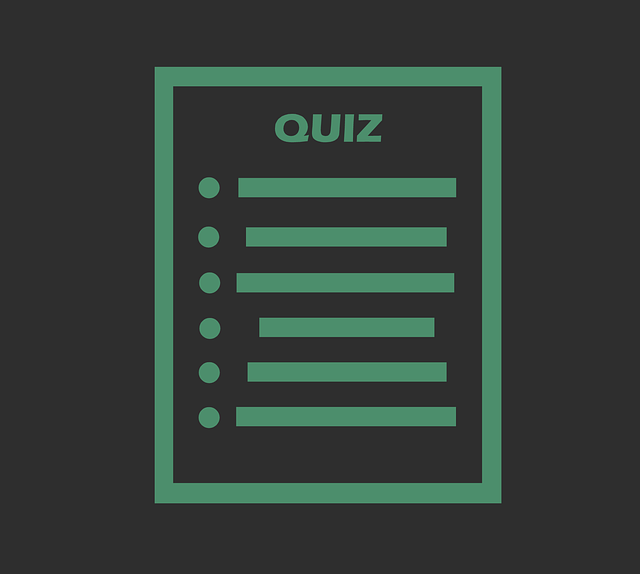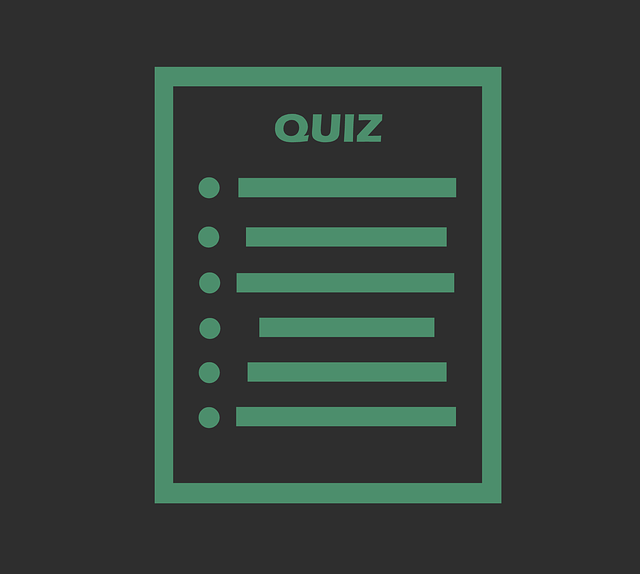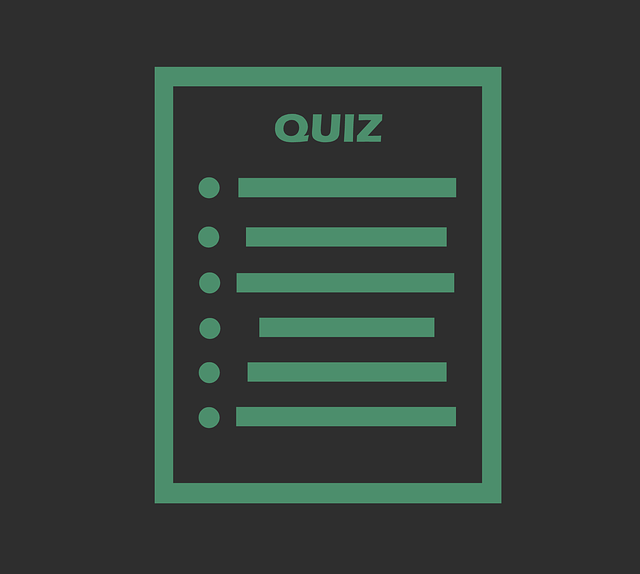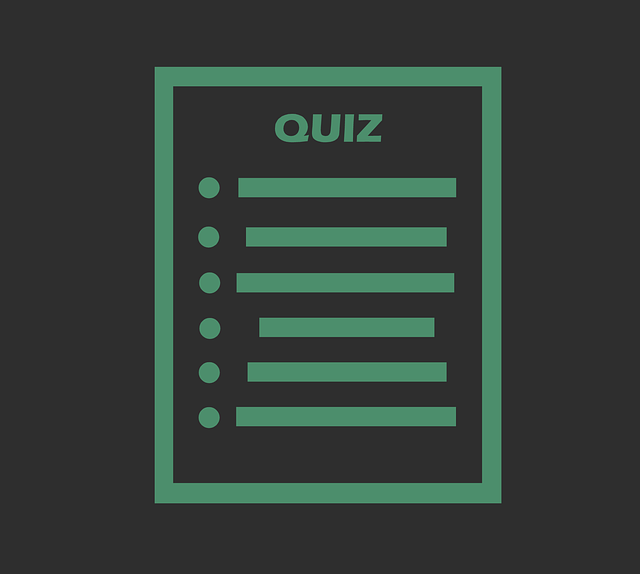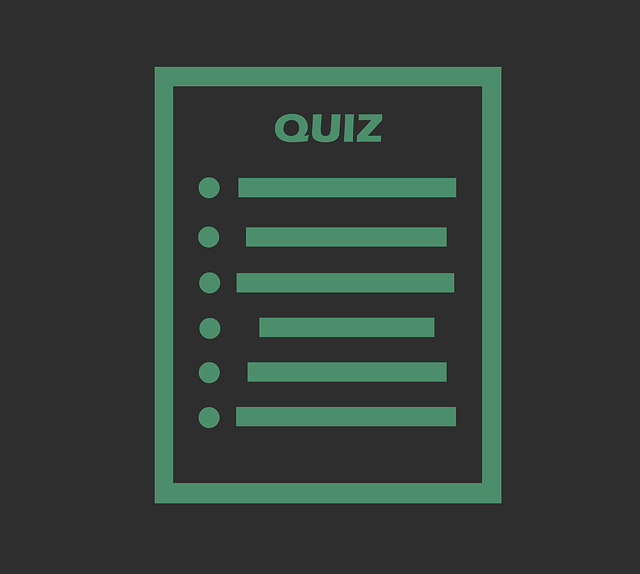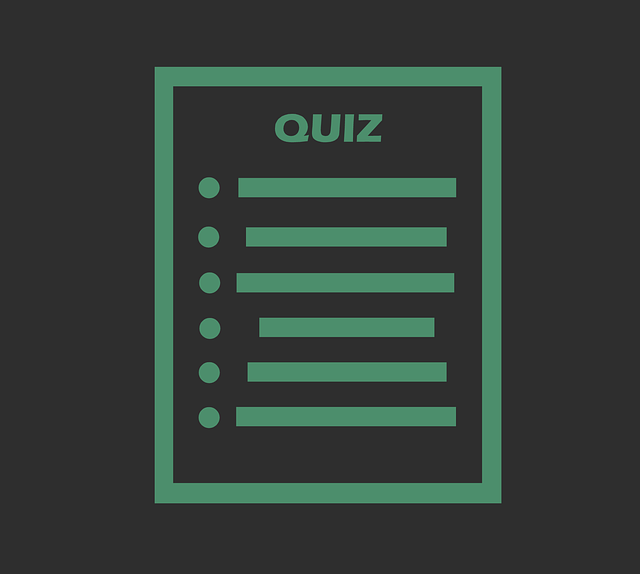In this blog you will find the correct answer of the Coursera quiz Epidemiology: The Basic Science of Public Health Coursera mixsaver always try to bring the best blogs and best coupon codes
Week- 1
Module 1 Quiz
1. Which one of the following is the definition of epidemiology focused on in this course?
- The study of the distribution of health outcomes, risk factors and exposures in people
- The study of the distribution of health outcomes, risk factors and exposures in populations
- The study of the distribution of health outcomes, risk factors and exposures in individuals
- The study of the distribution of health outcomes, risk factors and exposures in communities
2. Which of the following are part of epidemiology? (You must choose all that apply to receive credit for this question; no partial credit will be awarded.)
- Provision of health care to people with diseases
- The study of the factors that determine whether someone gets a particular health outcome
- The study of the distribution of health outcomes, risk factors and exposures in populations
- The study of the natural history of health outcomes
3. Which of the following were driving factors in the past history of epidemiology? (You must choose all that apply to receive credit for this question; no partial credit will be awarded.)
- The desire to find other explanations for witchcraft
- The desire to increase the standard of living
- The desire to understand frightening natural phenomena
- The desire to provide better occupational conditions
4. The epidemiologic transition of Hunter-gatherer to cities is related to which event?
- Resurgence of infectious diseases
- From few epidemics to major epidemics
- From major epidemics to endemic disease
- From a focus on occupational health to environmental health
- From infectious to non-infectious diseases
- From a focus on individual health to population health
5. Which of the following is the best definition of an epidemiologic transition to fill in the blank?
An epidemiologic transition_____.
- Describes changing patterns of population age distributions, mortality, fertility, life expectancy, and causes of death
- Describes a transition from high mortality to lower mortality
- Refers to a change in how epidemiologists are trained
- Describes changing patterns of individual age distributions, mortality, fertility, life expectancy, and causes of death
6. Which of the following is the best description of the second epidemiologic transition from major epidemics to endemic disease?
- A transition from high mortality to lower mortality
- A period when newly emerging diseases appeared frequently
- A period when human immune systems adapted and changed
- An increase in zoonotic disease and increased encounters with disease vectors
- A transition from chronic disease to more infectious disease
7. What was John Snow’s major contribution to the field of Epidemiology?
- Did an experiment with fresh fruit
- Contributed work during the cholera epidemic of 1854
- Wrote about “disease seeds”
- Showed the first occupational link to cancer
- Developed the “poor laws”
- Characterized births by parish and sex
- Greek physician who was interested in rational rather than supernatural explanations for diseases
- Father of modern vital statistics
- One of the first demographers
- Studied the effects of snowy environments on health
8. Which of the following are true about the cholera epidemic of 1854? (You must choose all that apply to receive credit for this question; no partial credit will be awarded.)
- This cholera epidemic affected people throughout Europe
- A water pump in London was implicated as being the source of the epidemic
- Sir Edwin Chadwick contributed to discovering the cause of this epidemic
- John Snow contributed to discovering the cause of this epidemic
- Approximately 600 people died by the end of this epidemic
9. Fill in the blank. Epidemiology ____________?
- Is all of the above
- Is the basic science of public health
- Asks who, what, when, where, why and how regarding health and disease
- Studies health and disease on a population level
10. True or False: The season can be a good epidemiologic measure of time.
- False
- True
11. Which of the following is NOT an epidemiologic measure of person?
- education level
- living conditions
- genetic factors
- physical location
- diet
12. True or False: Qualitative data deals with narrative descriptions and quantitative data deals with measurements.
- True
- False
Important Links:
- Epidemiology: The Basic Science of Public Health Coursera Week 2 Quiz
- Epidemiology: The Basic Science of Public Health Coursera Week 3 Quiz
- Epidemiology: The Basic Science of Public Health Coursera Week 4 Quiz
- Epidemiology: The Basic Science of Public Health Coursera Week 5 Quiz
